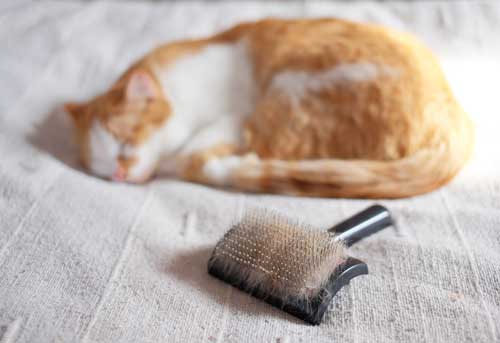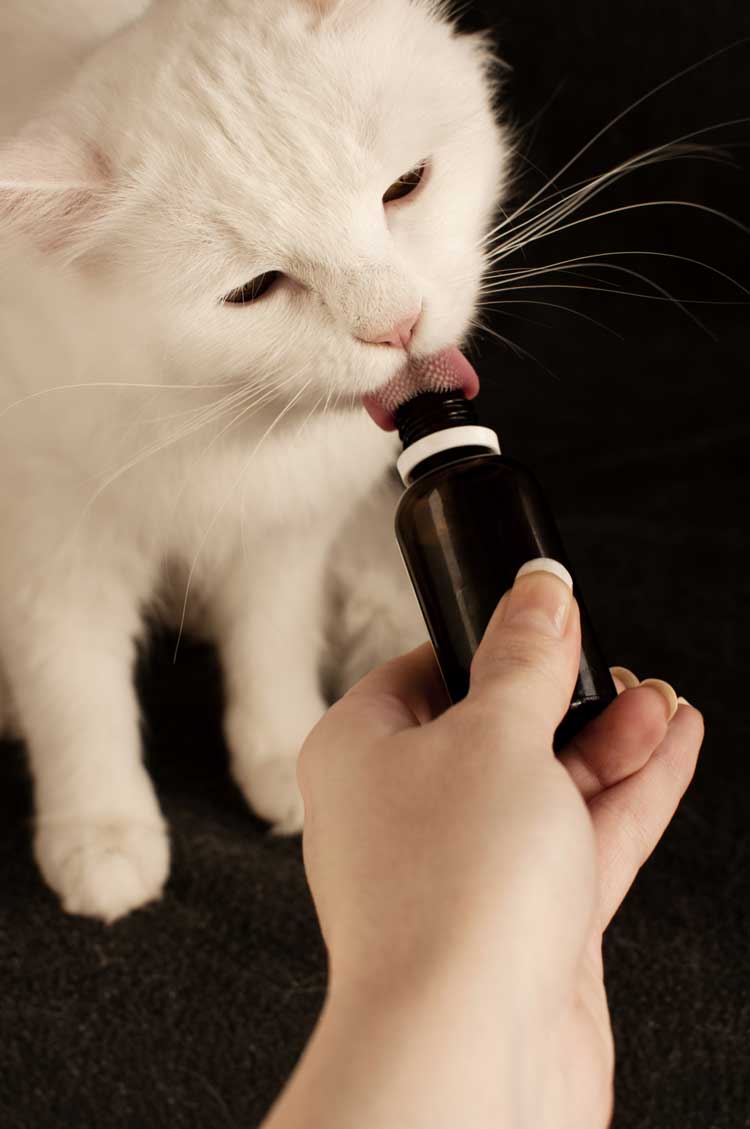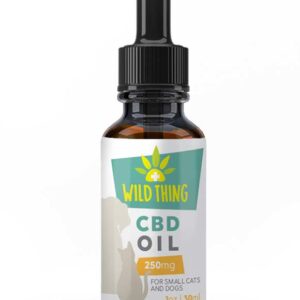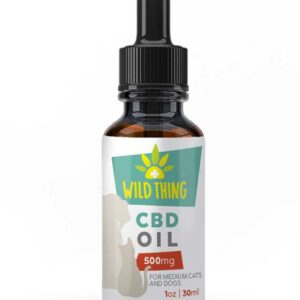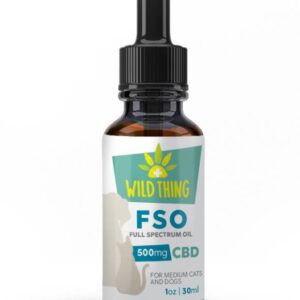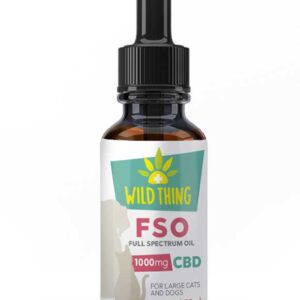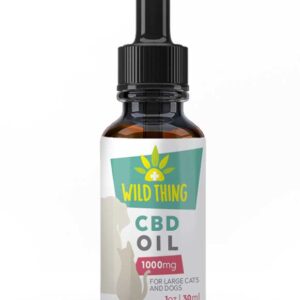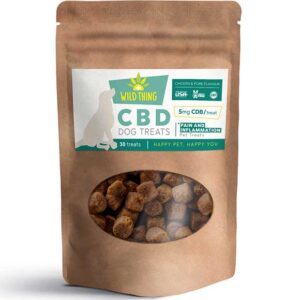One of the most noticeable conditions that cats suffer from is hair loss. This condition can occur frequently throughout the feline lifecycle, and it can have many root causes.
It’s Saturday night, you’re relaxing and watching movies. Your cat jumps up on your lap and patiently awaits some attention. After petting your fur-ball for a few minutes, your feline decides cuddle time is over and abruptly leaps off of you. You look at your hand – and your jeans – and realize you’ve either grown a thick coat of fur yourself, or your cat has some kind of shedding issue…
Usually coming out in patches or chunks, feline hair loss can leave the skin exposed and lead to further irritation and skin disorders if not treated.
Also known as alopecia, hair loss in cats is very common. Not to be confused with seasonal shedding, this condition affects both the skin and coat and usually manifests in large, and noticeable clumps of hair coming out of your cat’s fur. It can happen very fast, or over time, but in either case the hair loss is definitely recognizable and can make your cat look quite at-odds with their regular appearance.
Ailment Guides:
What Causes Seizures In Dogs
Natural Remedies For Seizures In Dogs
How To Train A Puppy Basic Commands
feline hair loss
What causes feline hair loss?
Baldness, patchiness, dull or greasy coat and irritated skin can all be leading signs of alopecia in your cat. Although the causes are myriad, the most common reasons that cats suffer from hair loss are:
- Food allergies
- Reactions to medications/topicals (shampoo, soaps, anti-dander products)
- Reaction to household items or chemicals (carpet cleaners, deodorizers, fabrics or materials your cat may have slept on)
- Reaction to environmental factors (such as outdoor sprays, fertilizers or plants with natural defense mechanisms – i.e. poison ivy, lilies)
Other likely causes of hair loss can include infections brought on by exposure to bacteria, mold or spores. In, ringworm or localized pests can irritate the skin and coat.
Cats are known for their avid grooming and close personal attention to their hygiene, but when it comes to hair loss sometimes too much of a good thing can have negative consequences. Over-grooming – excessive, almost obsessive grooming – can cause your cat’s coat to lose some of its natural oils and dry out, leading to clumping, patchiness and eventual hair loss.
This habit of over-grooming can be caused by skin irritation or other behavioral quirks such as anxiety, but it should be monitored closely – especially at the onset of this behavior, as it’s easier to curb bad habits when they first occur.
how to treat symptoms of feline hair loss:
As a cat owner, you should always be vigilant of health risks for your beloved pets. Removing items or substances of risk is one of the most crucial – and often overlooked – steps in keeping a pet safe, healthy and happy. The same can be said for hair loss: keep chemicals or potentially poisonous substances out of reach. This may seem simplistic, but exposure to household chemicals is one of the most common instigators for serious illness; our pets can find certain scents/tastes appealing, but won’t know if the substance is toxic or not.
In addition, regular brushings and bathing – or whenever your feline will cooperate – go a long way in maintaining your cat’s skin & coat health. Many irritants, toxins, poisons, allergens and harmful bacteria can be absorbed through the skin, and your cat’s fur may unwittingly pick-up or attract harmful substances that can linger and ultimately damage your cat’s coat.
Your Cat May Have Nine Lives, But They've Only Got One Coat
Keep a close eye on your cat’s skin & coat – especially if they are an outdoor feline. Also, pay attention to your cat’s tail: if the tail is flaccid, shabby and greasy to-the-touch, it can often be an early indicator of something bothering your cat – internally or externally. The tail is like a thermometer for your cat’s mood – it can be swishing or flailing, fluffy and shiny or drab and greasy depending on your cat’s state of health.
Why CBD can be an effective treatment & preventative for feline hair loss
CBD – or Cannabidiol – can be an effective remedy for hair loss in cats.
CBD – or Cannabidiol – can be very effective at maintaining your cat’s skin & coat health. CBD oils and treats can assist in the prevention of infections and reduction of tumors. CBD also helps to lessen the effects of lethargy, gastrointestinal issues and skin & coat deterioration.
CBD is generally effective at treating the symptoms of hair loss in your feline, but it is not formulated to treat the disease itself. Think of CBD as a supplement that can reduce the severity and frequency of most – if not all – of your cat’s skin & coat symptoms.
CBD is a phytocannabinoid that has been shown to have a prominent effect on numerous ailments – kidney disease. CBD does this by interacting with your cat’s endocannabinoid system. Almost all animals, like people, have an endocannabinoid system; this network of neurotransmitters is integral to physiological processes like memory, mood, pain, stress and appetite.
This complex biosystem is very prevalent in cats in comparison to other species. CB1 receptors affect the brain, lungs, vascular system and muscles, gastrointestinal function; whereas, CB2 receptors are linked to bones, skin spleen and glial cells. In combination, CB1-CB2 collaborate in influencing the overall immune system, liver, kidneys, bone marrow, pancreas and brainstem.
CBD can help your feline by producing anti-inflammatory, anti-anxiety, antipsychotic, antispasmodic and analgesic effects indirectly – that is, CBD interacts with your cat’s ECS (Endocannabinoid System) opposite to THC which directly binds to the Cannabinoid Receptors of the body. This does two things: makes the positive remedial properties more bioavailable to your cat; and lessens or negates the psychoactive effects, such as those associated with THC ingestion.
As you can see by the wide scope of ailments that CBD effects, it is clear to see how introducing CBD into your cat’s routine can help to maintain a healthy, balanced coat.
Ailment Guides:
Alopecia Or Hair Loss In Dogs
Gallstones In Dogs
Gastrointestinal Disease In Dogs

